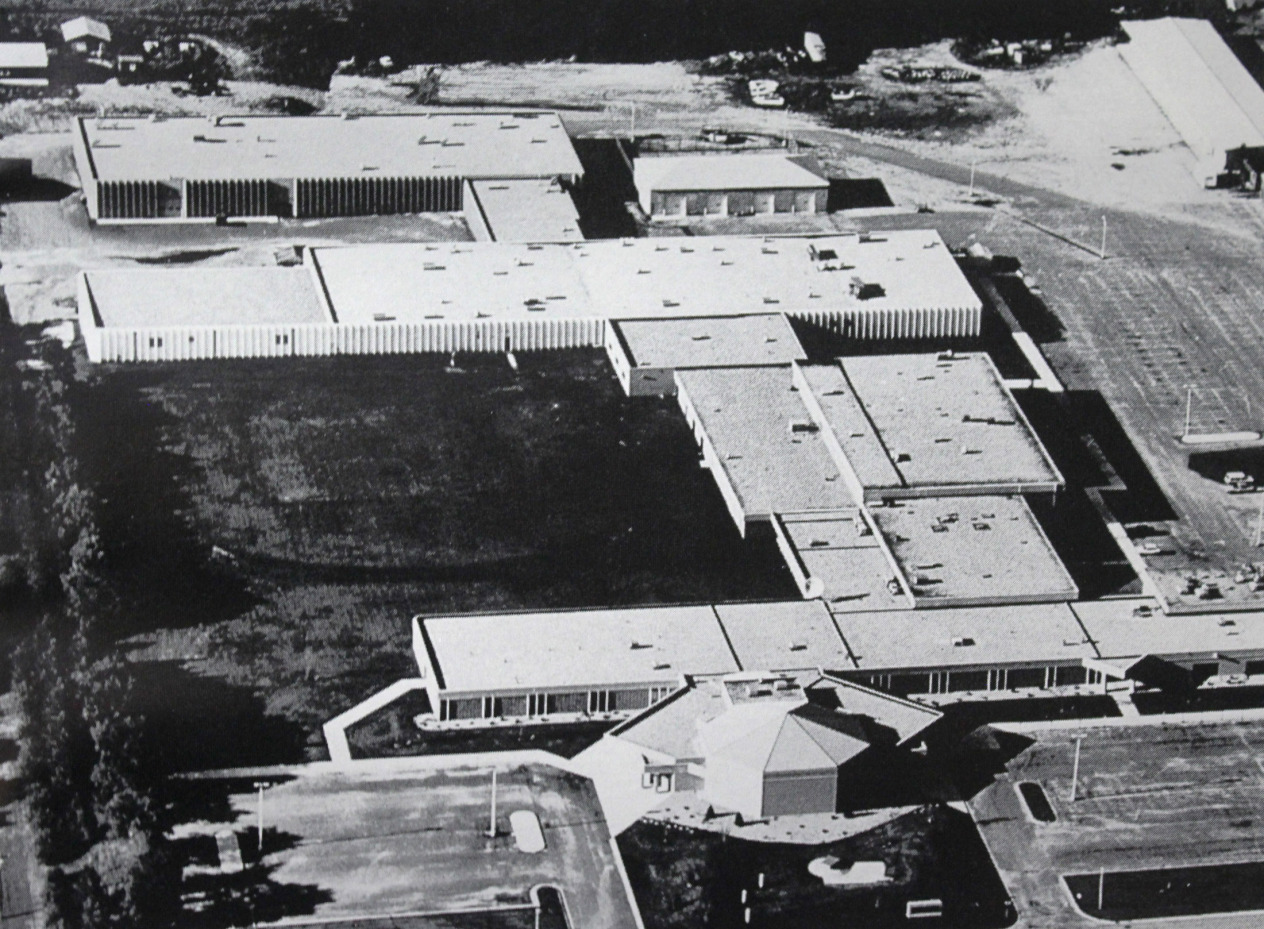Title
POLS2204 - Comparative Government
API ID
Credits
3 (3/0/0)
Description
Meets MnTC Goal Areas 5 and 8. This course provides an introduction to the various systems of government used around the world. Students will compare the processes and institutions of both industrialized and underdeveloped nations and explore how cultures and histories have affected the development of those political systems.
Competencies
- Analyze comparative, institutional and historical methods of political science.
- Explain theories and practices of political systems (democracy, republicanism, authoritarianism, etc).
- Explore theories of political culture and the influence of cultural factors on individuals, groups and political systems.
- Compare typologies of executive powers.
- Compare types of legislative organization.
- Compare judicial power and its inter-relationships with executive and legislative functions.
- Compare electoral systems and the participation of citizens in electoral systems in various states.
- Investigate issues facing transitional systems, with particular attention paid to post-totalitarian governments.
- Explore challenges facing developing nations.
- Categorize political parties using various methods employed in political science.
Goal Areas
5. History and the Social and Behavioral Sciences
8. Global Perspective
Degrees that use this course
Degrees that use this course
Degree:
Associate of Science (AS)
Location:
Fergus Falls Campus
Moorhead Campus
Credits:
60
Degree:
Certificate
Location:
Moorhead Campus
Credits:
12
Degree:
Associate of Arts (AA)
Location:
Fergus Falls Campus
Detroit Lakes Campus
Moorhead Campus
Wadena Campus
Online
Credits:
60
